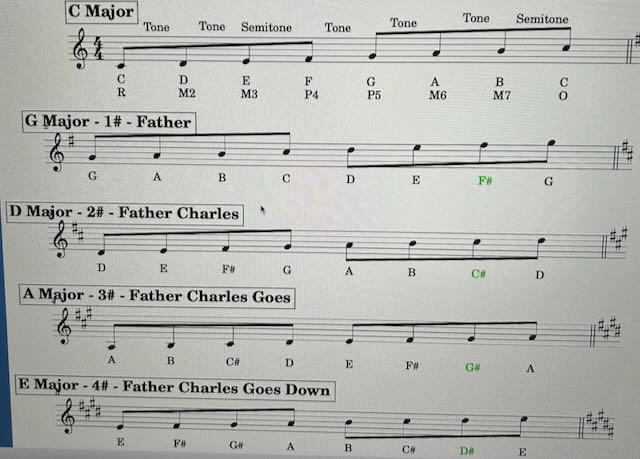Music Theory
Are you looking to write your own material but unsure where to start? Do you find yourself frequently making mistakes while playing? Or maybe you’re struggling to follow written music and can’t locate a specific note when asked? If so, music theory lessons could be exactly what you need!
When you’ve ever felt uncertain about which note to play next or found it challenging to keep pace with other musicians, having a solid foundation in music theory can make all the difference.
Although music theory is sometimes overlooked, it’s important to remember that music is a language. And, like any language, understanding it is key to forming words and sentences. While it’s possible to create music without theory knowledge, the process becomes much easier and more spontaneous when you understand how music works. Even with basic theory skills, you’ll not only master your instrument but also pick up new ones with greater ease.
Plus, you won’t have to spend endless hours drilling scales, notes, or sight-reading. There are plenty of helpful tricks that will allow you to learn these concepts quickly and effectively. With just a few music theory lessons, you’ll unlock an entirely new level of playing!
Here you will learn:
- All of the Music Notes, and the Key Signatures that they all belong in.
- Beats and Time Signatures.
- The Major and Minor Scales and why they are actually useful and very important.
- Pentatonic scales and Modes.
- Chord progressions and how they are built.
- How to improvise or create new music.
- Ear training to gain what is known as Relative Pitch. This will lead to being able to work out songs by ear.
- Soloing techniques.
- How to extend chords and how to substitute them.



